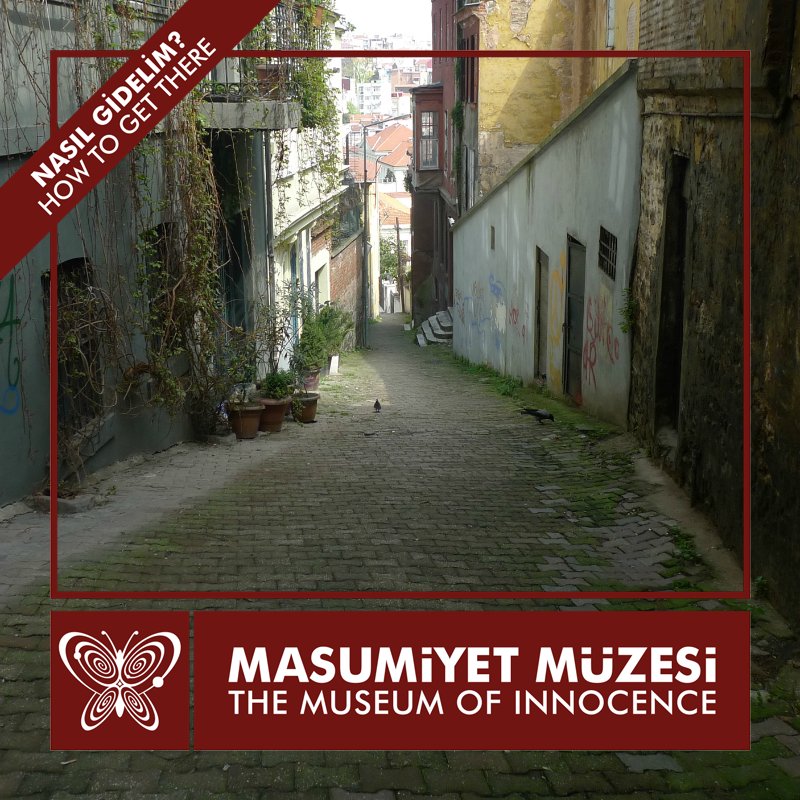


It’s also too long and sometimes seems more a willed production than a cry from the heart. Suggestions of a tradition-bound haute bourgeoisie unable to let go of passing traditions and values feel honestly earned, and the narrative consistently engages and surprises. The author examines Kemal’s twisted devotion with impressive cunning and inventiveness inevitably, we think of Nabokov’s Humbert Humbert and his Lolita, but to Pamuk’s credit, the comparison does not diminish this novel’s eloquence or impact. During that period, Kemal is a frequent visitor to their home, from which he steals something each time, adding objects to his “collection” of artifacts commemorating ecstasies shared with his former lover (hence the compelling title metaphor). Not so with Kemal, whose yearning for the elusive Füsun (she’s responsive only sexually) outlasts the breaking of his engagement and the years of Füsun’s marriage to Feridun. The Basmacis are privileged people who acquire objects of beauty and value, store them away, then forget them. When we meet him in 1975, Kemal is the 30-year-old scion of a prosperous Istanbul family. This is protagonist Kemal’s impassioned tale of his obsessive love for a beautiful distant relative, Füsun, with whom he enjoys a rapturous sexual relationship as the day of Kemal’s marriage to his blameless fiancée Sibel draws nearer.

Curious and demanding new novel from Turkey’s 2006 Nobel laureate, both closely akin to and somewhat less accomplished than its universally acclaimed predecessors ( Snow, 2004, etc.).


 0 kommentar(er)
0 kommentar(er)
